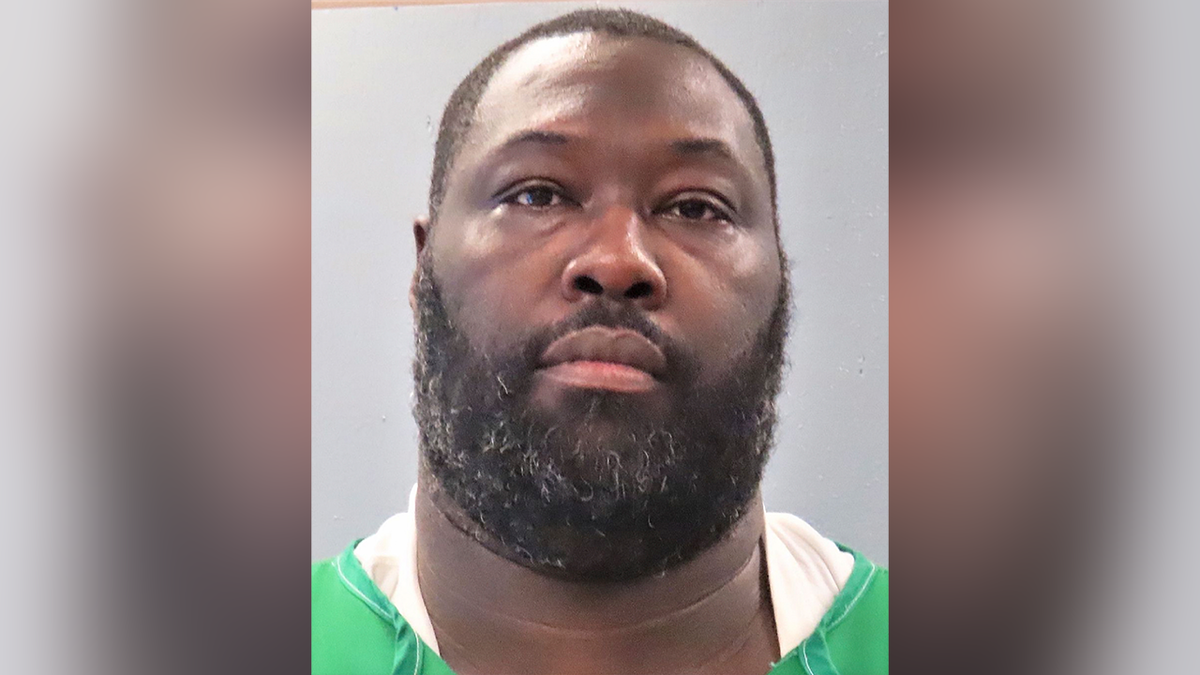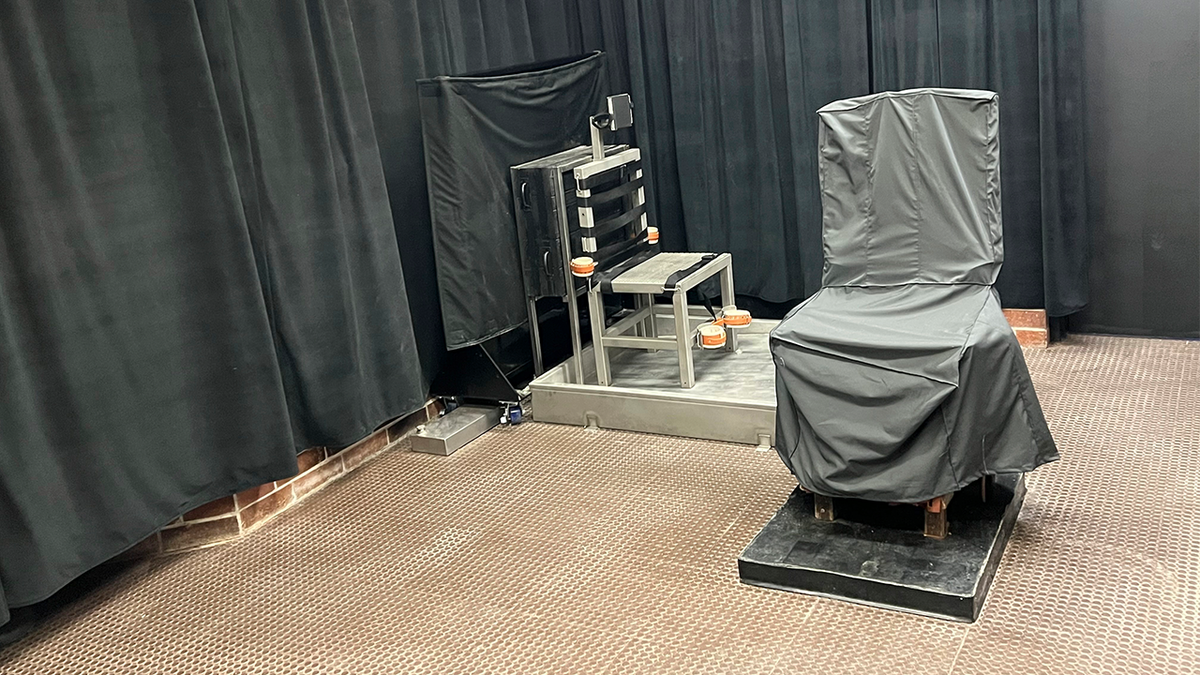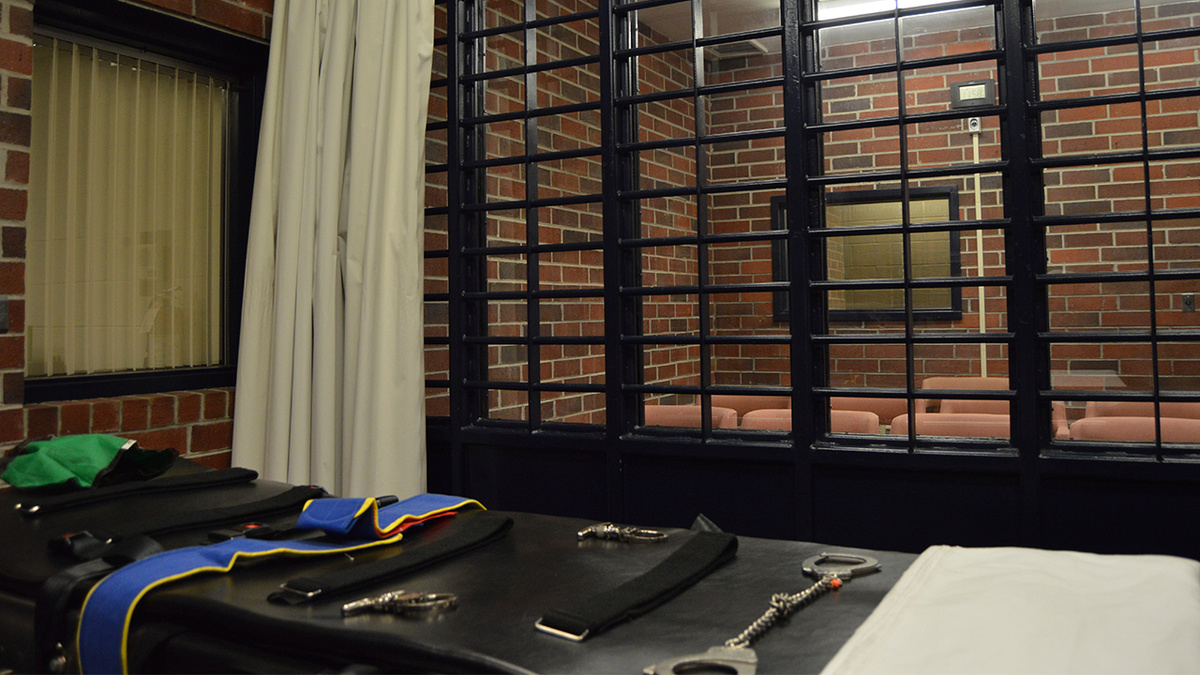Following a pause for the holidays, South Carolina is preparing to resume executions, with the state Supreme Court scheduling the next one for January 31st. The state aims to carry out death sentences for several inmates who have exhausted their appeals but whose executions were delayed due to the unavailability of lethal injection drugs.

Marion Bowman Jr., 44, convicted of murdering Kandee Martin in 2001, is scheduled for execution. His legal team maintains his innocence and argues against his execution, citing unresolved doubts about his conviction. They contend that his trial was unfair due to ineffective legal representation influenced by racial bias and that his conviction relied on questionable testimony from witnesses who received lighter sentences in exchange for their cooperation.
Bowman will be the third inmate executed since September, following the state's acquisition of lethal injection drugs. Inmates in South Carolina can choose between lethal injection, electrocution, or a firing squad, a recently added option. Three other inmates are currently awaiting execution dates, with the state Supreme Court ruling that executions can be scheduled five weeks apart. Although Bowman's execution date could have been set as early as December 6th, his lawyers successfully requested a delay until January, citing the emotional toll of multiple executions, particularly during the holiday season.

South Carolina, historically one of the most active states in carrying out executions, experienced a 13-year hiatus due to difficulties obtaining lethal injection drugs. Pharmaceutical companies' reluctance to disclose their involvement as suppliers led to drug shortages. However, a shield law passed two years ago allowed the state to keep suppliers confidential, paving the way for the resumption of executions. The state Supreme Court cleared the path for executions to proceed in July.

While inmates can seek clemency from Governor Henry McMaster, no South Carolina governor has commuted a death sentence to life imprisonment without parole in the modern era of capital punishment. The state's death row population has decreased significantly since the unintentional pause in executions, from 63 inmates in 2011 to 30 currently. This reduction is attributed to successful appeals and natural causes.
Comments(0)
Top Comments